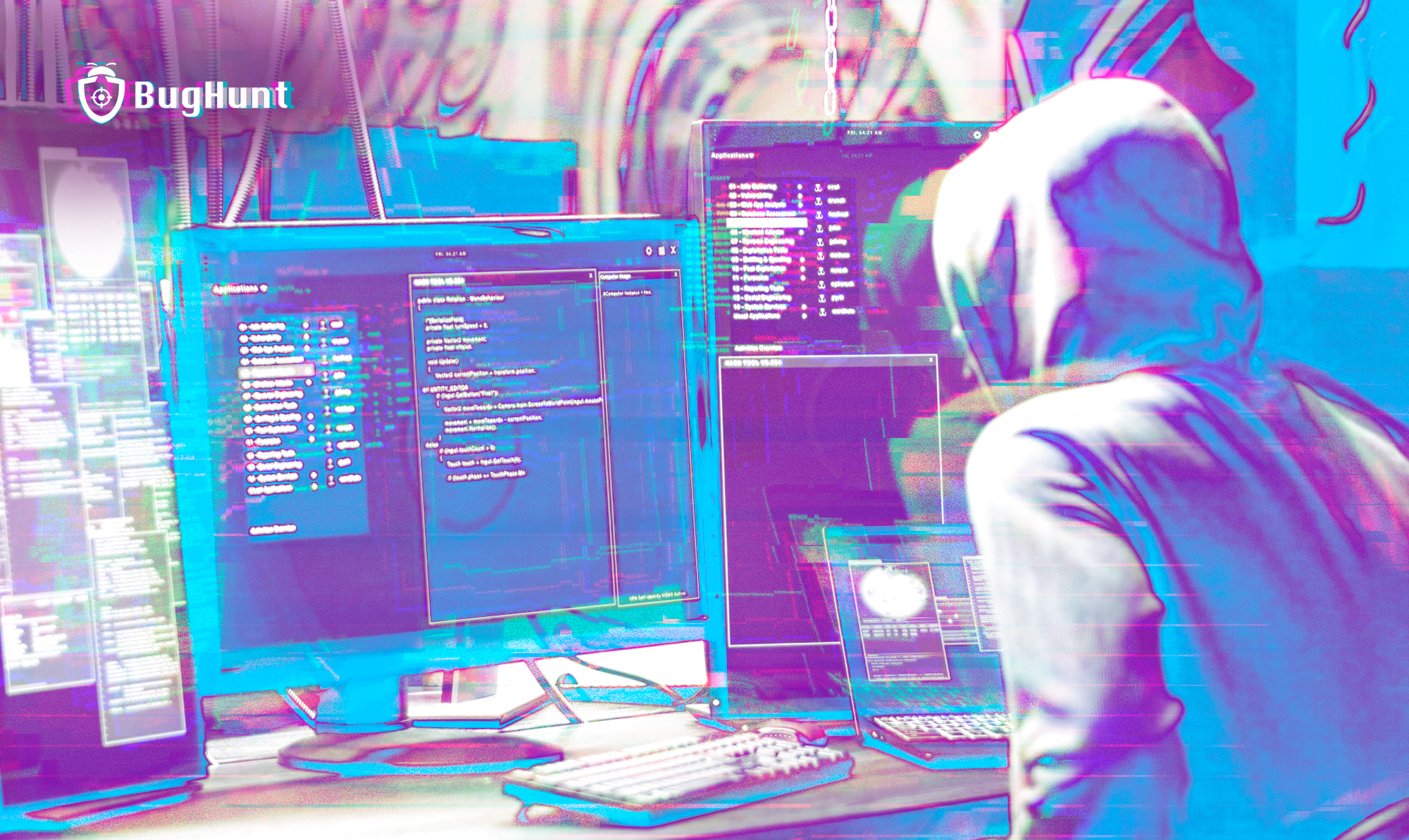Data Panel: The Origin of Cybercrimes in Brazil

Have you ever received a message from someone pretending to be a friend or relative asking for money on WhatsApp? Or a call from the bank requesting data confirmation? If the answer is yes, you’re not alone. Scams like these are becoming increasingly common – and they start in an unexpected place: data panels.
These underground platforms gather confidential information from millions of Brazilians, such as CPF numbers, addresses, phone numbers, income, and even family connections. With just a few clicks, criminals access this data and orchestrate highly convincing frauds.
In a recent report, UOL brought to light the impact of these practices and explained how these data panels are accessed illegally. Let’s explore how these scams happen and how they affect everyone’s security. Read on!
The Origin of Data Panels in Brazil In the 2010s, the market for leaked data began to grow. DVDs and USB drives containing personal information were sold by street vendors, while the deep web was already being used to secretly trade data. Telemarketing companies, for example, would buy this information to build mailing lists.
The turning point came with platforms like the website Tudo Sobre Todos, which in 2015 gained notoriety by collecting personal data from Brazilians in a single page on the internet. From there, the collection and commercialization of data became more organized, feeding panels that were accessible to criminals.
Another milestone was the mega-breach of 2021, which exposed more than 220 million records, further expanding this criminal practice. Data such as CPF numbers, salaries, vehicle information, and credit scores began to be used for more sophisticated frauds.
In addition to major breaches, data panels also rely on other sources, such as:
- Smaller data breaches from private companies
- Data purchases from apps and websites
- Phishing and malware techniques
- Information collected from dubious registrations
How Are Scams Created from Data Panels? In the past, digital scams were generic and based on mass fraud attempts. Today, with access to detailed victim information, criminals carry out surgical and highly effective attacks. The impact is deep: scams become more convincing and harder to detect.
Here are some common examples of fraud originating from these panels:
In addition to these scams, criminals are already using technologies like voice cloning and deepfakes to deceive victims.
A recent example that gained significant attention was the case of a woman who fell for a scam where Elon Musk's voice was cloned by criminals using artificial intelligence technology. She believed she was speaking to the businessman, but in reality, she was being deceived by a fraudster. The victim, a 71-year-old woman, lost over R$150,000, taking out loans and even considering selling her house to send money to the scammer.
This case demonstrates how criminals can use both public and private data to create highly sophisticated frauds.
Also read: Deepfake is a threat to digital security: understand the risks!
Criminal Organizations and the Use of Data Panels In Brazil, criminal factions also benefit from these platforms to commit a variety of crimes, including extortion, money laundering, and even violent crimes.
With access to sensitive data, criminals identify vulnerable victims – such as people in debt – to carry out extortion scams. They also use the information for illegal financial transactions and money laundering.
Another risk is the use of this information for threats and intimidation. There have been cases where criminals pose as police officers or lawyers to pressure victims into making payments under duress.
This scenario illustrates how data breaches can impact not only the financial security of individuals but also their physical and emotional well-being.
Why Have Digital Crimes Increased So Much? The accelerated digitalization and the popularization of new payment methods, such as Pix, have created an environment conducive to fraud. Several factors contribute to this increase:
- More people in the digital banking system: This increases the number of potential targets for scams.
- Mass use of Pix: Instant and irreversible transfers make financial fraud easier.
- Recurring data breaches: Exposed data make scams increasingly sophisticated.
- Low regulation: The lack of effective punishments encourages crime and the illegal trade of information.
- Organized crime involvement: Factions use this data for fraud, extortion, and other illicit practices.
It's important to note that the commercialization of personal data is a global problem, and Brazil is not the only country affected. However, the lack of strict enforcement exacerbates the situation.
The Challenge of the LGPD in Data Protection The General Data Protection Law (LGPD) was a significant step in regulating privacy in Brazil, but its implementation still faces challenges. The National Data Protection Authority (ANPD) does not have sufficient resources for effective enforcement.
What can be done?
- Severe penalties for companies that allow data breaches.
- Preventive monitoring to detect breaches before they are exploited by criminals.
- Awareness campaigns to educate the public on the importance of personal data protection.
How to Protect Yourself from Scams Although government measures are essential, each individual can adopt practices to protect their data and make it more difficult for criminals to operate.
Your personal data is more valuable than you think – and it might already be circulating out there. The best defense? Protect your information as much as possible.
This type of data query panel has become a key player in the landscape of digital crimes in Brazil. Combating this threat requires stricter actions from authorities, greater responsibility from companies, and awareness from the public.
The golden rule? Treat your data as if it were money. To criminals, it’s worth a lot.
Liked this article? You can access more content like this on our social media.

